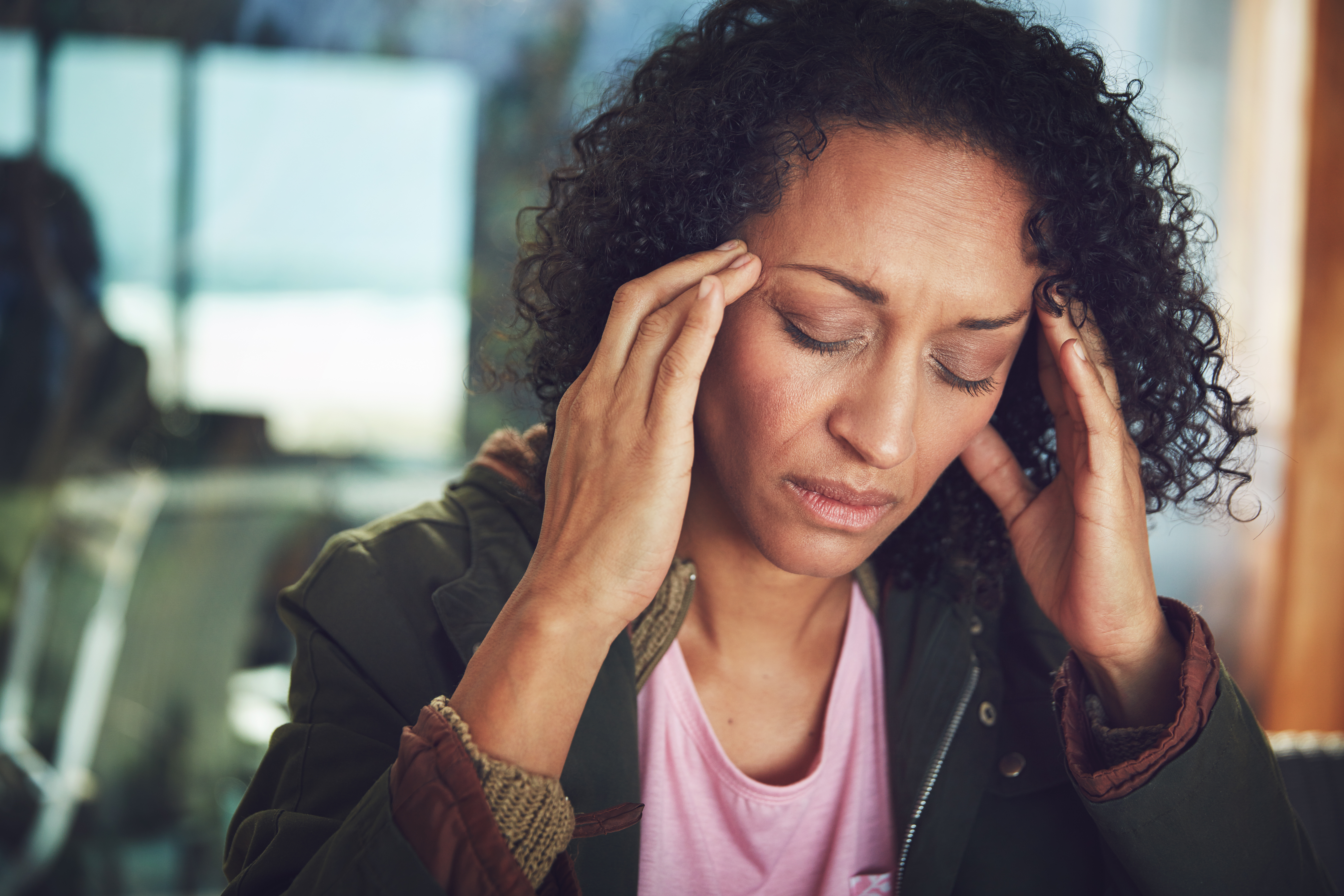Does Menopause Make You More Susceptible to Addiction?

Menopause typically occurs between the ages of 45 and 55, with most women going through The Change around the age of 51. Menopause may bring with it all sorts of unpleasant physical and psychological changes, and women may turn to drugs or alcohol—or increase their use of these substances—in an attempt to cope with them. But is there a direct connection between menopause and addiction?
While the biological function of menopause itself isn’t necessarily a factor in developing a drug or alcohol addiction, it’s not uncommon for women going through menopause to abuse drugs or alcohol for a variety of reasons. Whether drug abuse transitions to addiction is a matter of biology, genetics, culture and environment.
Women in Menopause and Addiction: Drugs Most Commonly Abused
Alcohol is the most commonly used drug in the U.S., and it’s the most commonly abused by women in menopause. Prescription medications are also widely misused among older adults. According to an article published in the journal Clinics in Geriatric Medicine, 11 percent of women over the age of 50 report past-year non-medical use of prescription medications, including opioid painkillers, sedatives and tranquilizers.1
The 2016 Monitoring the Future Survey reveals that illegal drugs are also commonly abused by older adults, with 18 percent of 50- to 55-year-olds reporting past-year illegal drug use and 11 percent reporting past-month use.2 Marijuana is the most commonly abused illegal drug among this age group, with seven percent reporting past-month use and two percent reporting daily use.
A Short Primer on Substance Abuse, Addiction and Dependence
To understand how menopause affects your risk of substance abuse, addiction and dependence—and to know the best way to address problematic substance use—it’s important to understand what substance abuse, addiction and dependence are. While these terms are often used interchangeably, they’re very different. Clinically, they’re all diagnosed under the umbrella term of “substance use disorder,” which is then classified as mild, moderate or severe.
Substance Abuse
Substance abuse is the act of using drugs or alcohol in a way that causes problems in your life. These may be related to your physical or mental health, legal status, finances or relationships, or they may stem from the risks you take while using drugs or alcohol.
The most common form of substance abuse is binge drinking. Binge drinking is defined as drinking enough in two hours to bring your blood alcohol level up to .08 percent. For women, this is typically four drinks. For men, it’s typically five.
Substance abuse is not the same as addiction or dependence, but it can lead to both of these.
Addiction
While addiction begins with the choice to abuse drugs or alcohol, once it develops, choice is no longer a factor.
Over time, chronic substance abuse causes changes in the physical structures and chemical functions of the brain, affecting its memory, reward and learning centers and affecting your thought and behavior patterns. As your brain makes ironclad connections between substance use and the pleasure it produces, you may begin to experience …
References
- Kuerbis, A., Sacco, P., Blazer, D.G., & Moore, A.A. (2014, August). Substance Abuse Among Older Adults. Clinics in Geriatric Medicine, 30(3), 629-654. Retrieved from https://www.ncbi.nlm.nih.gov/pmc/articles/PMC4146436/
- Schulenberg, J.E., Johnston, L.D., O’Malley, P.M., Bachman, J.G., Miech, R.A., & Patrick, M.E. (2016). Monitoring the Future: National Survey Results on Drug Use 1975-2016. Retrieved from http://www.monitoringthefuture.org//pubs/monographs/mtf-vol2_2016.pdf









